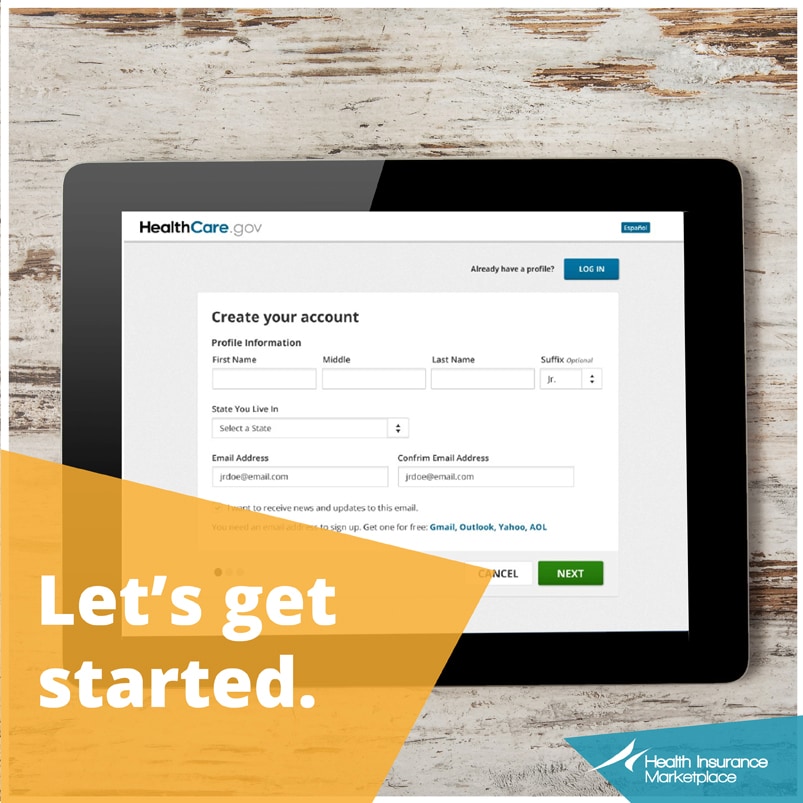You pay the full cost for certain services until you reach a set amount for the year your deductible. Thats important since Trisha promised her grown children shed be more diligent about her own health.
/GettyImages-603707289-57310e865f9b58c34ce03555-c99023fc8b4b4855990ca0ac0a990a82.jpg) Deductible Vs Copayment What S The Difference
Deductible Vs Copayment What S The Difference
For most services youll pay full cost until you reach the deductible.

Do copays count towards deductible. A deductible is an amount that must be paid for covered healthcare services before insurance begins paying. MOOPs Under the Affordable Care Act. A deductible is the amount you pay for most eligible medical services or medications before your health plan begins to share in the cost of covered services.
Some services will be covered by your plan before you reach the deductible. Depending on how your plan works what you pay in copays may count toward meeting your deductible. This award helps offset patient out of pocket costs for high deductibles and copays.
Copays and deductibles are both features of most insurance plans. Even though her new plan has higher premiums the deductible and copays will be lower. You may have a copay before youve finished paying toward your deductible.
If your plan includes copays you pay the copay flat fee at the time of service at the pharmacy or doctors office for example. In most cases the answer is nocopays do not count toward the deductible. After you reach your deductible youll still have to pay any copays or coinsurance.
By shielding patients from the cost and raising the price they charge insurers it adds more cost to the healthcare system. Many patients not only need it they depend on it. The copay needs to be paid before the deductible begins.
For example you might pay a 25 copay when you see your primary care provider PCP Your plan determines the price of your copay and whether its owed before or after you meet your deductible. Copayments generally do not count toward the deductible. However it will count towards your maximum out-of-pocket on almost all plans some grandmothered and grandfathered plans can have different rules in terms of how their maximum out.
A deductible is the amount of money you pay for health care services before your plan kicks in and starts paying. Due to the high costs associated with chronic illnesses copay assistance is a lifesaver for many. What does this mean for you.
Marcotte says that if there is no other comparable drug available drug copayment programs may have a role to play if they can be structured. A copay is a fixed amount you pay for a health care service usually when you receive the service. Out-of-pocket limits are often confused with deductibles the amount you pay out-of-pocket before coinsurance kicks in.
If your health plan has a 20 copay for a primary care office visit the 20 that you pay will most likely not count towards your deductible. The amount can vary by the type of service. The plan premium or cost of coverage will be taken out of her paychecks.
Copay Assistance often comes in the form of a qualifying award granted from the manufacturer of their medicine. With some plans you may pay a copay or coinsurance for certain services even before you. Your deductible amount counts toward your out-of-pocket maximum and while copayments do count toward your out-of-pocket limit they do not count toward your deductible.
When choosing a plan think about how much you use your insurance and how. When perusing plan policies do a control-F search for copay accumulator or copay accumulator adjustment And know that a plan having a copay accumulator policy. Some refuse to count them towards your deductible or out-of-pocket maximum in an effort to shift the costs back onto the patient.
Fixed dollar amounts of covered health careusually when you receive the service. Your plan determines what your copay is for different types of services and when you have one. After you reach your deductible you typically just pay a copay or coinsurance.
Pharmacy benefit managers and insurers have also started to combat copay cards.
